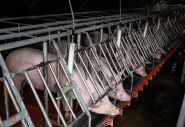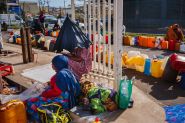Bayern Munich Rout Leipzig on Sombre Night in Germany
- 21/12/2024
- 5 comments
- 36
- 125


This is Beirut 20/12 20:45

Rayan Chami 20/12 16:01

This is Beirut 20/12 15:40

Johnny Kortbawi 20/12 14:38

This is Beirut 20/12 12:00

Malo Pinatel 09:30

This is Beirut 20/12 22:45

This is Beirut 20/12 22:05

This is Beirut 20/12 21:55

This is Beirut 20/12 17:41
Lyne Sammouri 20/12 10:08
Lyne Sammouri 19/12 10:00
Nisrine Merheb 18/12 20:40
Hala Abdallah 18/12 18:15

Liliane Mokbel 12:00

This is Beirut 18/12 21:30

Liliane Mokbel 18/12 20:00

This is Beirut 17/12 17:55

This is Beirut 17/12 11:25

This is Beirut 20/12 18:00

This is Beirut 20/12 14:00

Marie-Christine Tayah 20/12 10:30

This is Beirut 19/12 18:00

Bélinda Ibrahim 19/12 14:00

This is Beirut 12:40

This is Beirut 09:20

This is Beirut 20/12 16:35

This is Beirut 20/12 09:25

This is Beirut 19/12 18:15

This is Beirut 18/12 19:25

Alain E. Andrea 10/12 19:40

This is Beirut 09/12 12:40

Alain E. Andrea 05/12 14:35

Alain E. Andrea 02/12 18:40

par Ici Beyrouth, 12:40

par Ici Beyrouth, 12:40

par Ici Beyrouth, 12:35

par Ici Beyrouth, 12:05

par Liliane Mokbel, 12:00